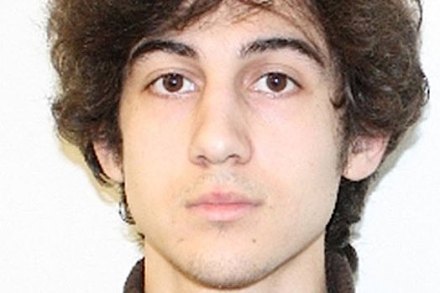Do Google and Facebook threaten the free press?
What are newspapers for? The answer, of course, is not just to tell us what’s going on and explain the implications, but also to select the most important items from the background noise. Over the last few years, though, we’ve started to get our news in a different way: through Google, where selections are made on the basis of a constantly evolving algorithm, and through social media sites where news stories are recommended by friends. Throughout this change, Google has argued vociferously that it is not a publisher. Particularly in Europe, issues such as privacy, copyright and the right to be forgotten have led it to claim that it’s simply a






















